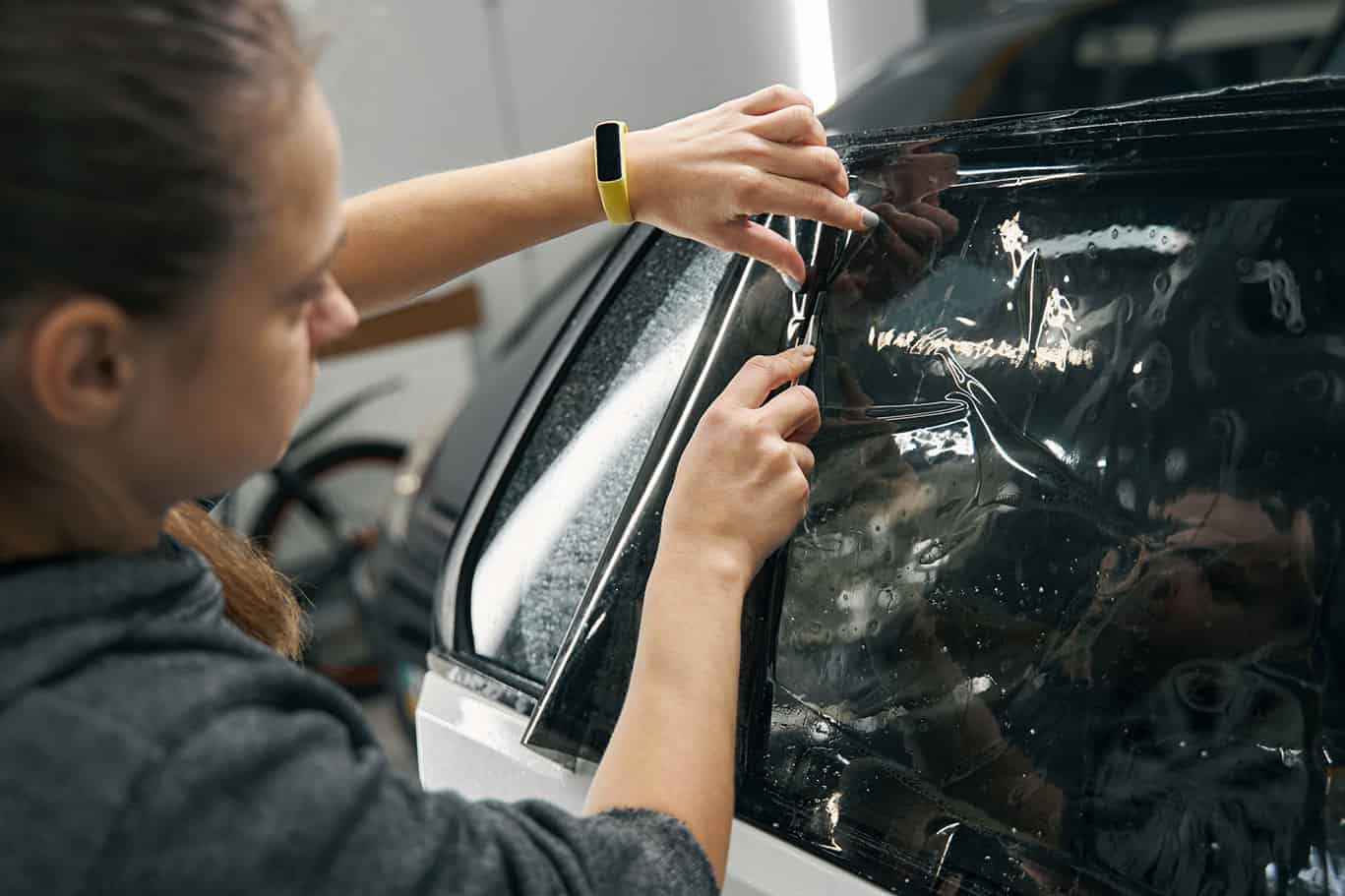
Protecting your car’s paintwork is a smart way to maintain its appearance and value. But with so many automotive paint protection options available, how do you choose the right one for your vehicle? From films and sealants to advanced ceramic coatings, each type of protection offers different benefits. In this guide, we’ll walk you through the key considerations to help you make an informed choice and keep your car looking new for longer.
Why Automotive Paint Protection Matters
Automotive paint protection shields your car’s paint from the harsh effects of the environment, road debris, and everyday wear and tear. This protection ensures your vehicle looks great, maintains its resale value, and requires fewer touch-ups or repairs. Solutions like Chipguard provide industry-leading products that offer durable and high-quality protection, perfect for UK roads.
Factors to Consider When Choosing Paint Protection
When selecting the right paint protection, it’s essential to weigh various factors:
1. Type of Driving and Climate Conditions
- Daily Commutes vs. Weekend Driving: If you drive your car daily in urban or rural settings, your vehicle is more exposed to potential damage from road debris, pollutants, and weather conditions. Opting for a durable solution like paint protection films (PPF) or ceramic coatings ensures long-term durability.
- UK Weather Considerations: The UK’s unpredictable climate can take a toll on your car’s exterior. Rain, snow, and even road salt during the winter can erode your car’s paint. Products like Chipguard protection films are designed to withstand these conditions, offering an additional layer of defence.
2. Paint Protection Options: A Breakdown
Here are the main types of automotive paint protection to consider:
Paint Protection Film (PPF)
- Pros: Provides a strong, virtually invisible layer that protects against scratches, chips, and road debris. Highly effective for preventing damage from gravel and stones, which are common on UK roads.
- Cons: Typically more expensive than other solutions and requires professional installation to ensure a smooth and flawless finish.
- Best for: High-value cars or those frequently exposed to rough driving conditions.
Ceramic Coatings
- Pros: Creates a chemical bond with your car’s paint, providing a long-lasting, glossy finish that repels dirt and water. It enhances the shine and makes the vehicle easier to clean.
- Cons: While ceramic coatings are highly durable, they don’t offer the same level of impact resistance as PPF. It requires periodic maintenance to preserve its effectiveness.
- Best for: Owners looking for easy maintenance and a high gloss finish.
Wax and Sealants
- Pros: More affordable options that provide short-term protection. These are easy to apply and can be done at home.
- Cons: These are not as durable as PPF or ceramic coatings and will need to be reapplied regularly, especially in harsh weather conditions.
- Best for: Short-term protection and lower budgets.
3. Cost and Maintenance
The cost of automotive paint protection can vary widely depending on the type of protection chosen and the size of the vehicle. Here’s a brief cost guide:
- Paint Protection Films: Typically, the most expensive option, but offers the highest level of physical protection.
- Ceramic Coatings: Mid-range cost, providing excellent shine and long-term protection with easier maintenance.
- Wax and Sealants: The most budget-friendly option, but requires frequent reapplication and provides less overall protection.
When choosing protection, balance the initial investment against the potential savings from avoiding costly repairs in the future. Maintenance frequency is another important factor. Some protections like ceramic coatings need professional touch-ups, while waxes can be easily reapplied at home.
Why Chipguard Paint Protection Is a Smart Choice
At Chipguard, we specialise in high-performance automotive paint protection solutions that are tailor-made for UK drivers. Our paint protection films (PPF) offer a superior shield against everyday hazards, while our ceramic coatings keep your car looking polished and new. Whether you’re concerned about stone chips, scratches, or fading from UV exposure, Chipguard products ensure your car stays protected.
Explore our automotive protection products to find the right solution for your vehicle.
Protect Now, Pay Less Later
Choosing the right automotive paint protection can save you from future headaches, costly repairs, and a diminished resale value. With options like paint protection films, ceramic coatings, and wax sealants, you can find a solution that fits your needs and budget. Protect your vehicle today, and you’ll enjoy a car that looks new for years to come.
Want to explore the best automotive paint protection solutions for your vehicle? Contact Chipguard UK today for expert advice and premium products.
Phone: 07809 399 880
Email: steve@chipguard.co.uk
Frequently Asked Questions
Q1: Can I combine ceramic coatings with paint protection film?
A1: Yes, combining ceramic coatings with PPF offers the best of both worlds. You get the impact resistance of PPF and the glossy, water-repellent finish of ceramic coatings.
Q2: How often should wax protection be reapplied?
A2: Wax typically needs reapplication every 3-6 months, depending on the driving conditions and weather exposure.
Q3: Is automotive paint protection worth the cost for older cars?
A3: Yes, protecting an older car’s paint can help preserve its appearance and potentially increase its resale value.











